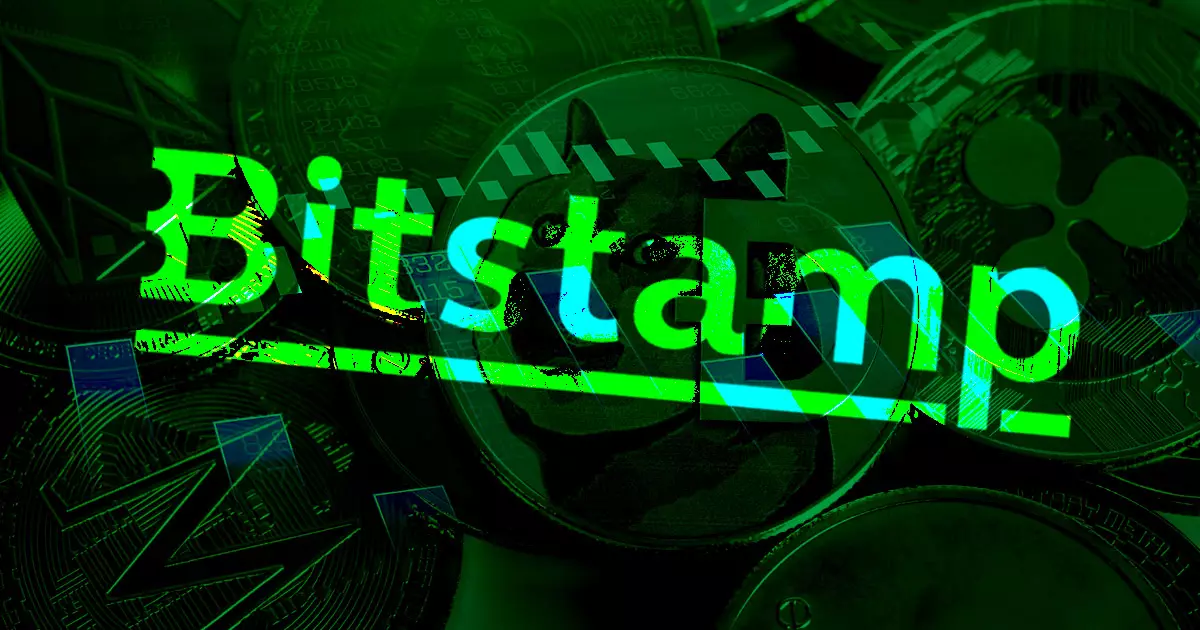Bitstamp, a prominent cryptocurrency exchange, recently announced that it will temporarily cease U.S. trading for certain cryptocurrencies that have been classified as securities in recent cases involving Binance and Coinbase. This decision comes as a result of recent developments in the regulatory environment. While Bitstamp did not specify the exact incidents that prompted these delistings, all affected tokens were identified as securities by the U.S. Securities and Exchange Commission (SEC) in cases against the aforementioned exchanges.
The Delistings
Bitstamp’s decision to halt U.S. trading applies to a range of cryptocurrencies, including Axie Infinity (AXS), Chiliz (CHZ), Decentraland (MANA), Polygon (MATIC), Near Protocol (NEAR), The Sandbox (SAND), and Solana (SOL). These delistings will reduce Bitstamp’s total number of listed cryptocurrencies to 30. The exchange has urged U.S. customers to execute trades involving the affected tokens before August 29, as trading will be “permanently disabled” after that deadline. However, users will still have the option to withdraw and hold these tokens after the specified date.
Regulatory Scrutiny and Ripple Effects
Bitstamp’s move to delist the affected tokens reflects its commitment to comply with regulatory requirements and adapt to evolving industry standards. Similar decisions have been made by other cryptocurrency platforms in response to the SEC’s identification of certain assets as securities. Platforms such as Revolut, Bakkt, and Robinhood have also recently delisted cryptocurrencies like Cardano (ADA), Polygon (MATIC), and Solana (SOL).
Among the targeted cryptocurrencies, Cardano, Polygon, and Solana hold significant market positions and enjoy considerable support from the crypto community. However, their size and popularity make them prime targets for regulatory bodies like the SEC. These projects have maintained their innocence, with Cardano’s parent company, IOHK, denying its security status and the Solana Foundation stating their disagreement with the SEC’s stance. Additionally, Polygon Labs emphasized that its operations primarily focus on activities outside the U.S., implying that they operate beyond the reach of the SEC.
Preventive Measures and Future Implications
It’s worth noting that the actions taken so far regarding the affected tokens are largely precautionary in nature. While Bitstamp and other platforms are preemptively delisting these assets, it remains to be seen whether the SEC will specifically target these tokens or extend its reach to additional platforms in the future. The regulatory landscape surrounding cryptocurrencies continues to evolve, and exchanges must ensure compliance to maintain a stable and secure trading environment for their users.
Bitstamp’s decision to halt U.S. trading for several cryptocurrencies declared securities exemplifies the ongoing efforts by cryptocurrency exchanges to navigate the complex regulatory landscape. As the SEC identifies more tokens as securities, exchanges have no choice but to adapt and comply with these evolving regulations. The delistings signify a proactive approach towards compliance, albeit with potential implications for the affected tokens and the wider cryptocurrency market. The extent of the SEC’s future actions and their impact on the industry remain uncertain, leaving market participants eagerly awaiting further developments.


Leave a Reply